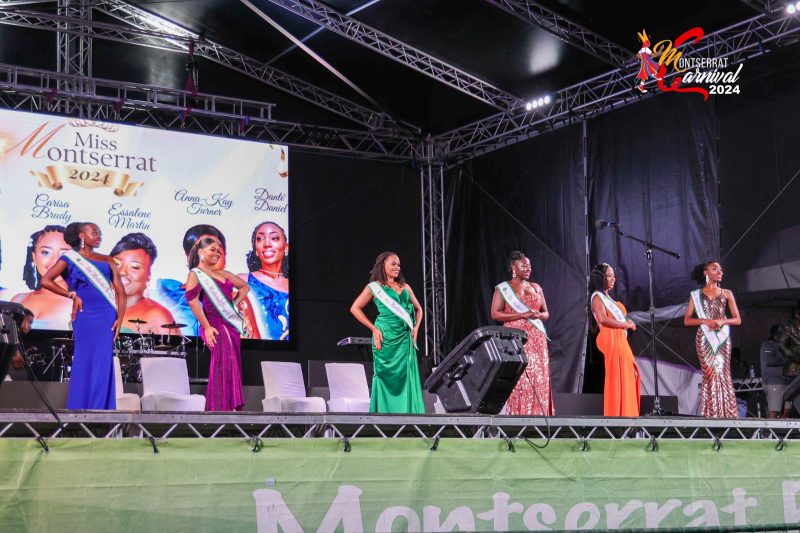The new Energy Task Force Report recommends a mix of renewable energy systems to power Montserrat’s needs into the future.
What role can individual customers play in contributing energy to the grid?
The report, which was commissioned by the Ministry of Communications, Works, Labour, and Energy (MCWLE) notes that due to its size, Montserrat is “ideal for the implementation of a smart grid system.” A smart grid is an electricity network enabling a two-way flow of
electricity and data with digital communications technology enabling it to detect, react and pro-act to changes in usage and multiple issues.
For customers with enough space and resources, they could potentially produce enough power to provide for themselves and sell the excess to the utility company. While this is already occurring in other countries around the world, the report discusses if this is a solution to aid in the island’s goal of being 100% renewable energy by 2030.
Currently, the government does not have incentives or regulatory framework for reducing importation taxes on renewable energy (RE) technology and feed-in tariffs. This, the task force noted “limits the RE sector’s growth. The implementation of these incentives
and regulations will allow individuals and commercial entities to implement distributed generation.
The Task Force recognizes the impact this would have on the local utility; hence the Task Force recommends that MUL be allowed to operate in the new landscape offering distributed energy systems to prospective customers.”
Director of Energy at MCWLE, Kenrick Burke acknowledges that the feed-in tariff option will present challenges for both the utility company and customers. However, the challenges provide an opportunity to relook revenue models.
“The main obstacle for the feed-in tariff is that because you have a greater penetration of a variable renewable energy (VRE) solution, to limit the impact on the national grid’s stability, customers may be required to incorporate some battery storage in their system. The second impact is that you’re going to have a reduction in sales for the utility which reduces their revenue. So, what you have is a reduced revenue and you probably have the same level of overhead which is going to have issues with your profitability,” shared Burke.
He added, “Nowadays, there are options. The utility company will have to change their revenue model slightly to incorporate other aspects of service provision to help with that.”
Allowing customers to come off or paying less into the grid while selling excess power to the electricity company will create a disparity among consumers. Not everyone will be able to invest in solar systems and consumers at the lower end of the scale may find their rates
going up, unable to pay on time which causes cash flow issues for MUL.
“For the organisation it presents some challenges. But it’s about recognising the challenges, putting in mitigation factors and trying to remedy the situation with dialogue and seeing what the best way forward is,” explained the Director of Energy.
Burke notes that if Montserrat were to go down this road, it may make the business case for geothermal energy less attractive.
“What it means is that the demand or a required demand after implementing a feed-in tariff system will be a lot lower. However, based on the analysis we have done, it is not the most cost effective. It makes sense to do geothermal first and then add in these power generating options thereafter,” the energy director explained.
The full Energy Task Force Report is available to be read at Energy-Task-Force-Final-Report.pdf (www.gov.ms)
Read more articles on the Energy Task Force Report at the links below:






